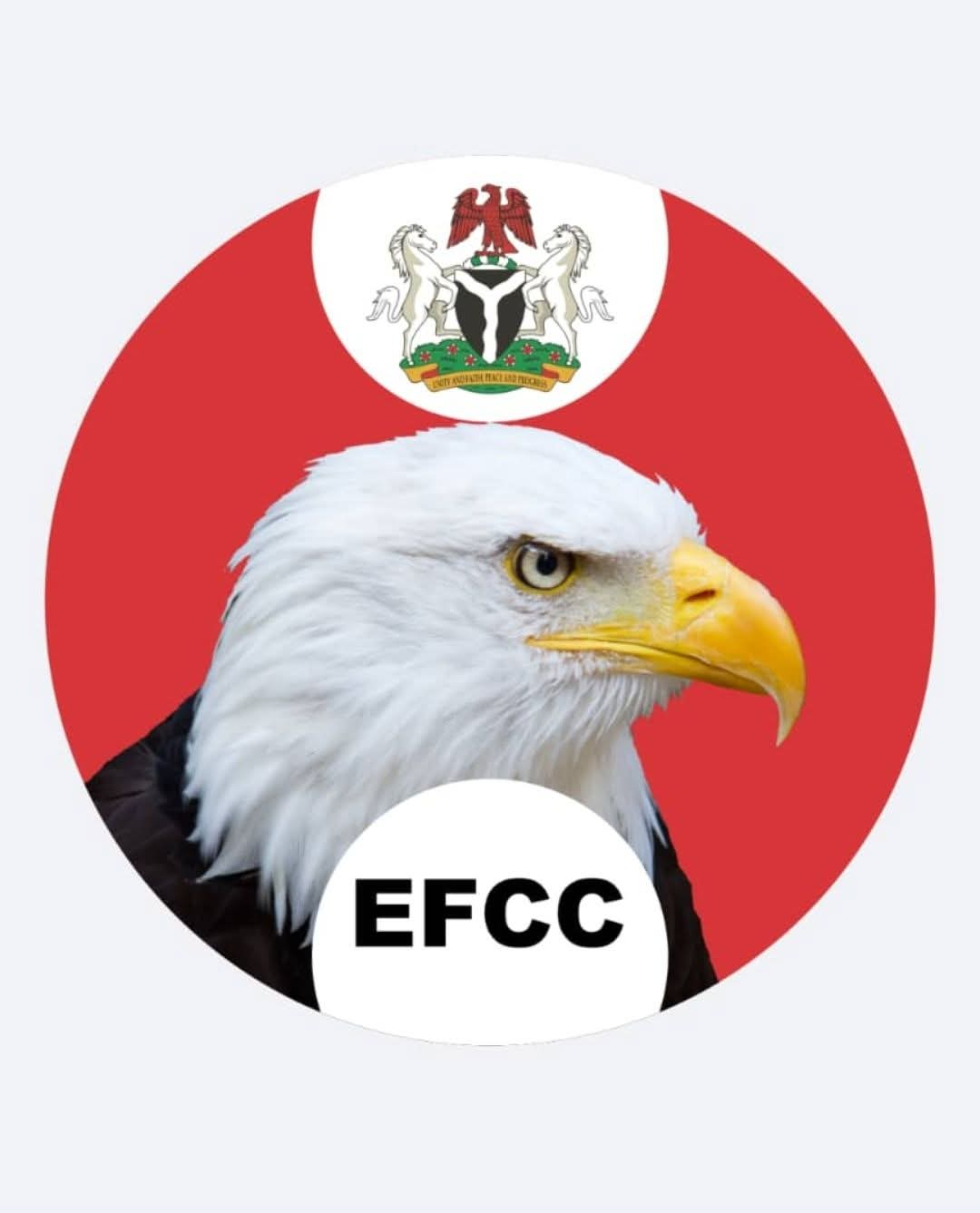Abuja, October 24, 2025 — In a sweeping move to curb illicit mineral trade and plug revenue leakages, the Federal Government has announced a nationwide crackdown targeting gold smuggling and illegal mining operations. The decision comes from the National Economic Council (NEC), which has expanded the mandate of its ad-hoc committee on crude oil theft to encompass solid minerals.
Expanded Mandate, New Focus Areas
During the 153rd meeting of NEC, held at the Presidential Villa in Abuja and presided over by Vice President Kashim Shettima, it was resolved that the existing committee on crude oil theft—chaired by Imo State Governor Hope Uzodinma—would now also tackle illegal mining, gold smuggling, and unregulated mineral exports.
Speaking after the meeting, Governor Uzodinma said the expanded remit was necessary, noting that the nation’s mineral resources were being extracted and exported illegally without benefiting the national treasury. He affirmed that the committee would partner with the Ministry of Solid Minerals Development, NEITI, and security agencies in this strengthened drive.
Scale of the Problem
Nigeria’s illegal mining sector—particularly for gold, lithium, and other high-value minerals—is estimated to account for multibillion-naira losses annually. According to NEITI, the country could be losing more than US$9 billion yearly to illicit extraction and smuggling.
Most of these mining activities operate under the radar—unlicensed, unregulated, and often controlled by clandestine networks operating in the North-West and North-Central regions. These networks are alleged to have linkages to bandit groups and other criminal elements. In some cases, proceeds from illicit gold operations have reportedly been used to finance arms purchases and support armed groups.
A recent audit by NEITI revealed that over 80 per cent of mining operations in the country are informal and unregulated—making oversight, enforcement, and taxation extremely difficult.
Government’s Previous Measures & Gaps
In recent years, the government has attempted to stem resource leakage:
In September 2024, the Ministry of Solid Minerals revoked over 900 inactive mining licenses to improve oversight.
The introduction of a national gold reserve policy aimed at traceability and value addition has been advanced.
However, enforcement has lagged behind policy. Overlapping institutional mandates, limited manpower, porous borders, and multiplicity of regulatory bodies have hampered effective supervision.
Governor Uzodinma expressed confidence that the model used for safeguarding oil assets can be replicated for solid minerals. He stressed that the enhanced committee would “integrate anti-mining efforts into the same resource protection framework” applied to hydrocarbons.
What to Expect: Strategy & Challenges
The ad-hoc committee is expected to:
1. Coordinate enforcement between customs, police, military, and state mining agencies to disrupt smuggling routes and illegal mining camps.
2. Improve geological surveillance using satellite imagery, drones, and remote sensing to detect unregulated mining activities.
3. Enhance traceability, enforcing that admissible mineral products be documented through a chain of custody—from mine to market.
4. Penalize defaulting actors, cancelling licenses, imposing sanctions, and prosecuting offenders.
However, the path ahead is fraught with challenges:
Interagency rivalry and overlapping jurisdictions may slow coordination.
Resource constraints, including funding, manpower, training, and modern technological tools.
Political interference from vested interests benefiting from the status quo.
Border porosity, which allows smuggled gold to transit through neighbouring countries.
Security risks in insurgent-controlled or bandit-infested mining belts.
Reactions & Stakeholder Stakes
Civil society groups and resource governance advocates have cautiously welcomed the move. They stress that for it to succeed, transparency and community involvement are key.
Local mining communities, many operating informally, fear blanket crackdowns that ignore livelihoods. They call for incentives toward formalization rather than purely punitive measures.
Investor circles are watching closely; confidence in the mining sector depends heavily on regulatory consistency and credible enforcement.
Looking Ahead
The NEC has directed the expanded committee to submit its first progress report at the next meeting scheduled for November. The report will likely set benchmarks for seizures, prosecutions, license revocations, and revenue recovery.
If implemented with commitment, the crackdown could mark a turning point in Nigeria’s management of its mineral endowments—shifting the narrative from resource curse to resource stewardship.
FG Launches Nationwide Crackdown on Gold Smuggling, Expands Mandate of NEC Committee



